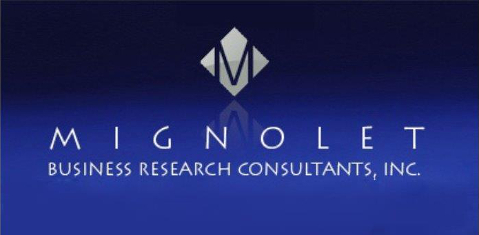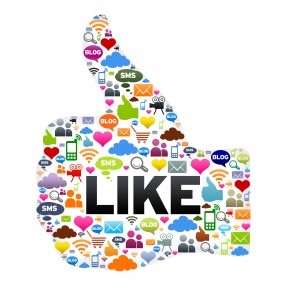| July 24th marked the annual celebration of National Private Investigator Day!! Launched over two decades ago by PI Magazine’s publisher Bob Mackowiak, the holiday was originally set in October and quickly forgotten. In 2014, National Private Investigator Day was relaunched as July 24th to commemorate the birthday of Eugene Francois Vidocq, the Private Investigator who launched the world’s first known detective agency in 1833. Private investigators have captured the imagination of an entire genre of stories. In real life, private investigators fill a vital role in society today, for individuals, companies, and governments. Help us celebrate Private Investigator Day worldwide! |
| Hashtags have become powerful rallying cries both online and out in the real world. Beyond simply posting or tweeting about one’s views on things, they have united movements that take to the streets, to the schools, and even to political institutions. Hashtags like #BLACKLIVES MATTER, #DEMEXIT and #BREXIT played deeply into mobilizing political action, and we all remember how the nationwide Occupy movement was coordinated largely by social media. Social media has also been used to incite violence, and to spread that which has been deemed terrorist propaganda, including lectures to incite violence and televised beheadings. For this reason, European countries who have been hit hard by terrorist attacks over the course of this past year have urged social media platforms to censor content. Facebook, Twitter, and Google have already agreed to work in conjunction with European governments to ban hate speech and violence on their social media platforms and search engines. A big part of this has been to raise awareness that this kind of content is not allowed in accordance with their company guidelines. Facebook and Youtube have taking measures to identify and remove this content, even if it is copyright-protected. These systems have the capability to block banned content that has been reposted, but not new videos. However, new videos can be screened against content that has already been banned, but it is not clear how much of this screening process is conducted by technology or through human discretion. The platforms have been secretive about these measures because, they allege, they do not want the terrorists to learn how to crack their codes and play their systems. With these systems in place, Facebook and Youtube are already having a difficult time monitoring the content posted on their websites because of the vast volume of content present. For example, there are over 4 billion video views a day on Facebook alone, and over 1 million of these videos are flagged by users for administrative review. As of February 2016, Twitter suspended 125,000 accounts for posting content related to ISIS. However, the real question is not whether or not these systems can work to ban violent content, but whether or not banned content is the new banned books. While search engine platforms like Google, and social media platforms such as Facebook and Twitter are technically private spaces guided by the rules of the companies that own and operate them, these platforms have also become a public domain of communication and information dissemination. People get their news from what is shared on these platforms, and in many ways they have become free marketplaces of information. What are the criteria for what constitutes terrorist propaganda, and exactly how slippery is the slope that leads downward into plain and simple censorship. Have we already gotten to that point, and how can we tell if the internal mechanisms of how content is banned is shrouded in secrecy? What determines whether a video includes “hate speech”? What determines the line between speaking out against government institutions and lecturing to incite violence? These are all questions that demand accountability and continued investigation to ensure that these systems are not used simply to silence dissenting voices. |

